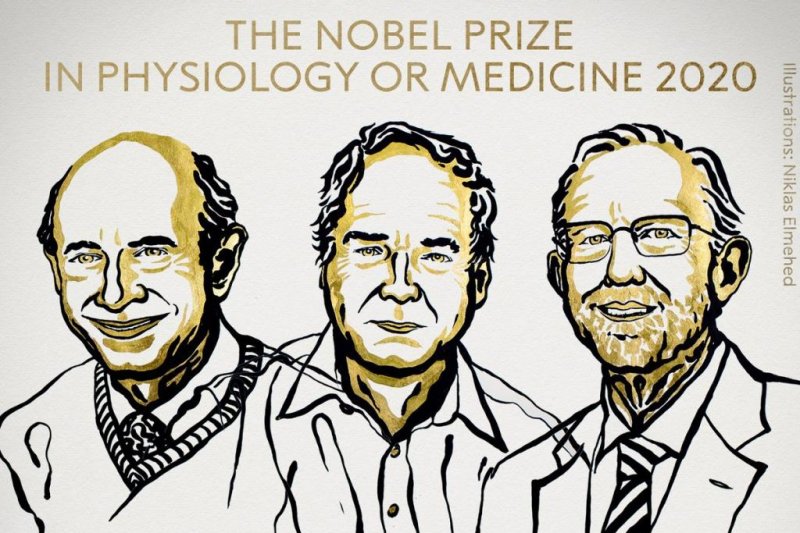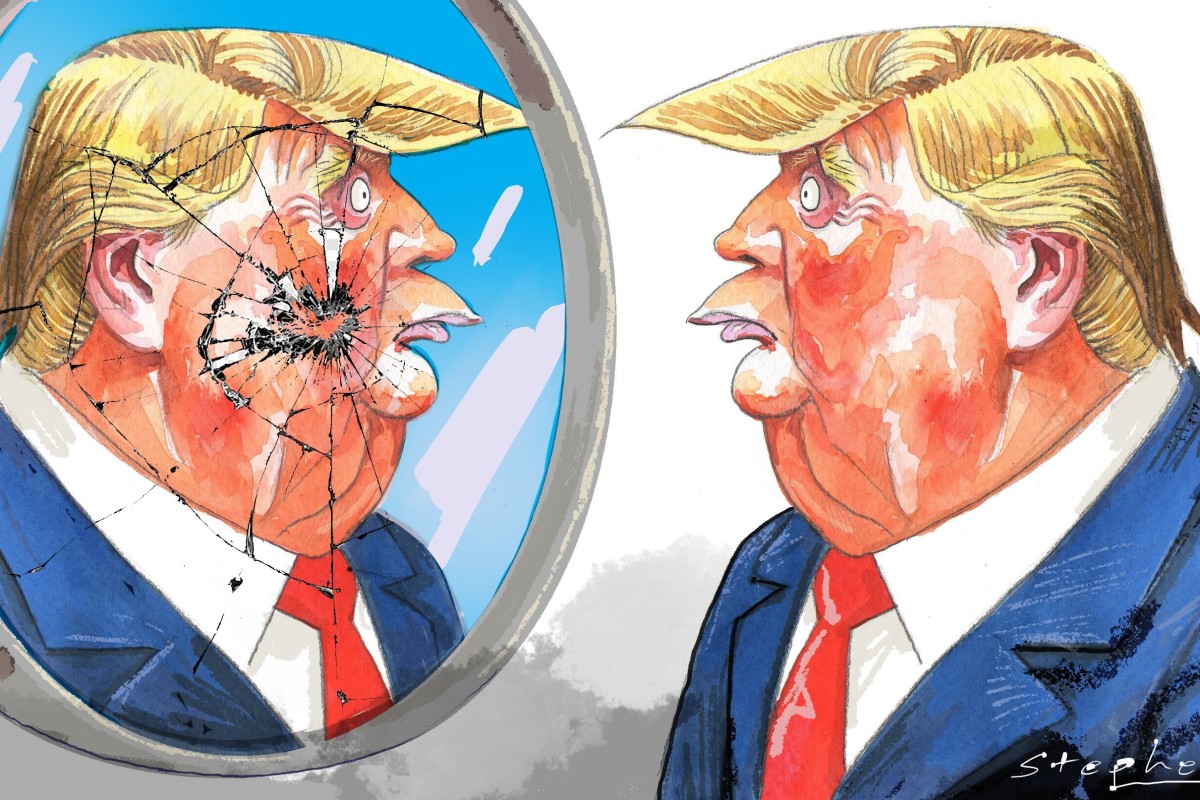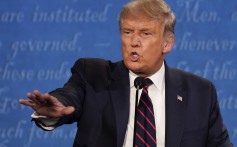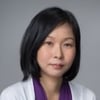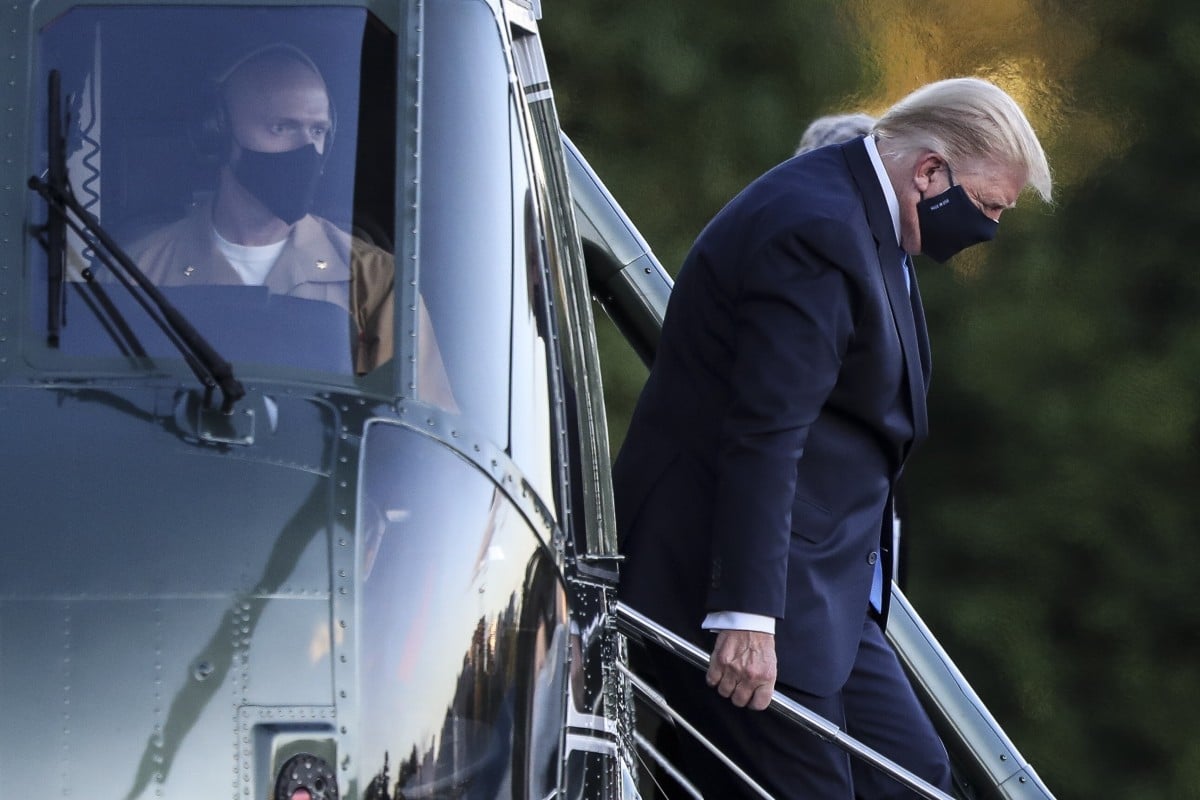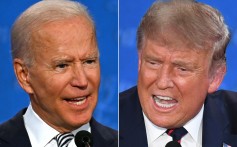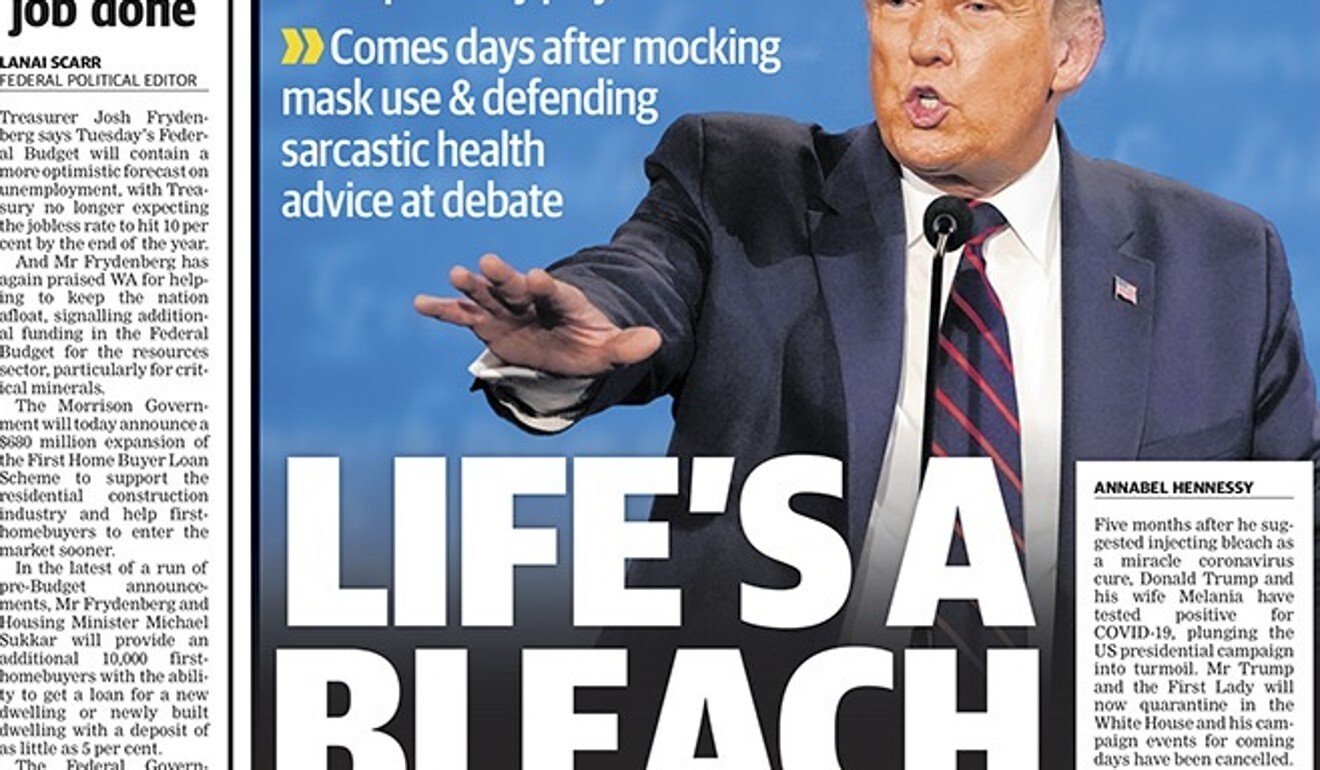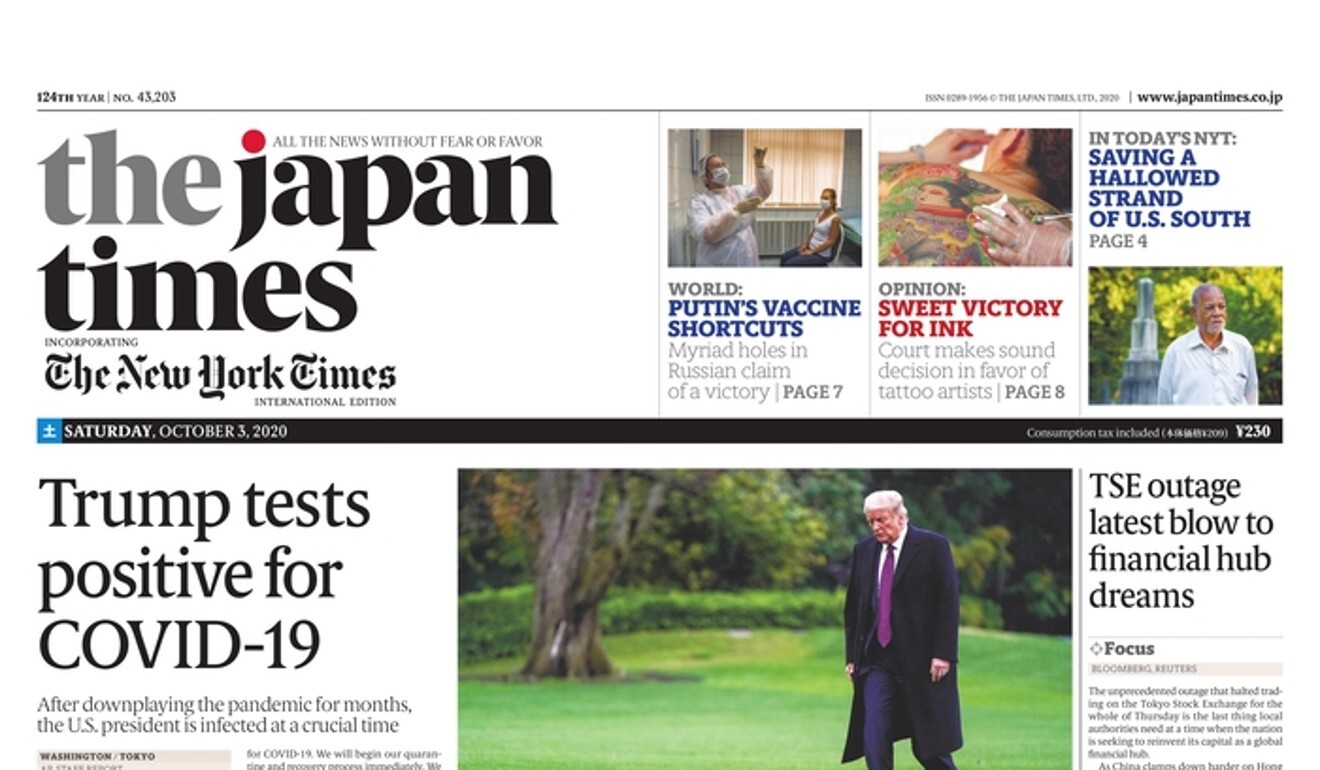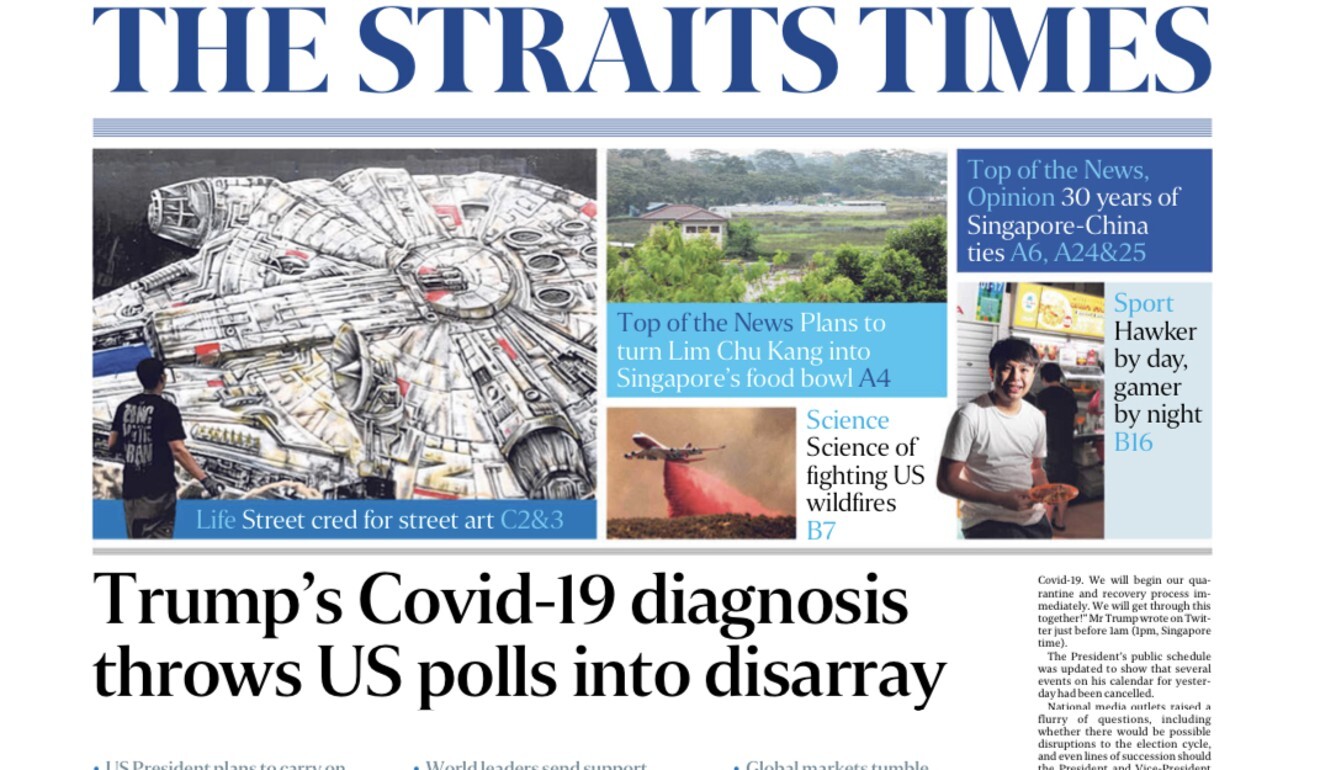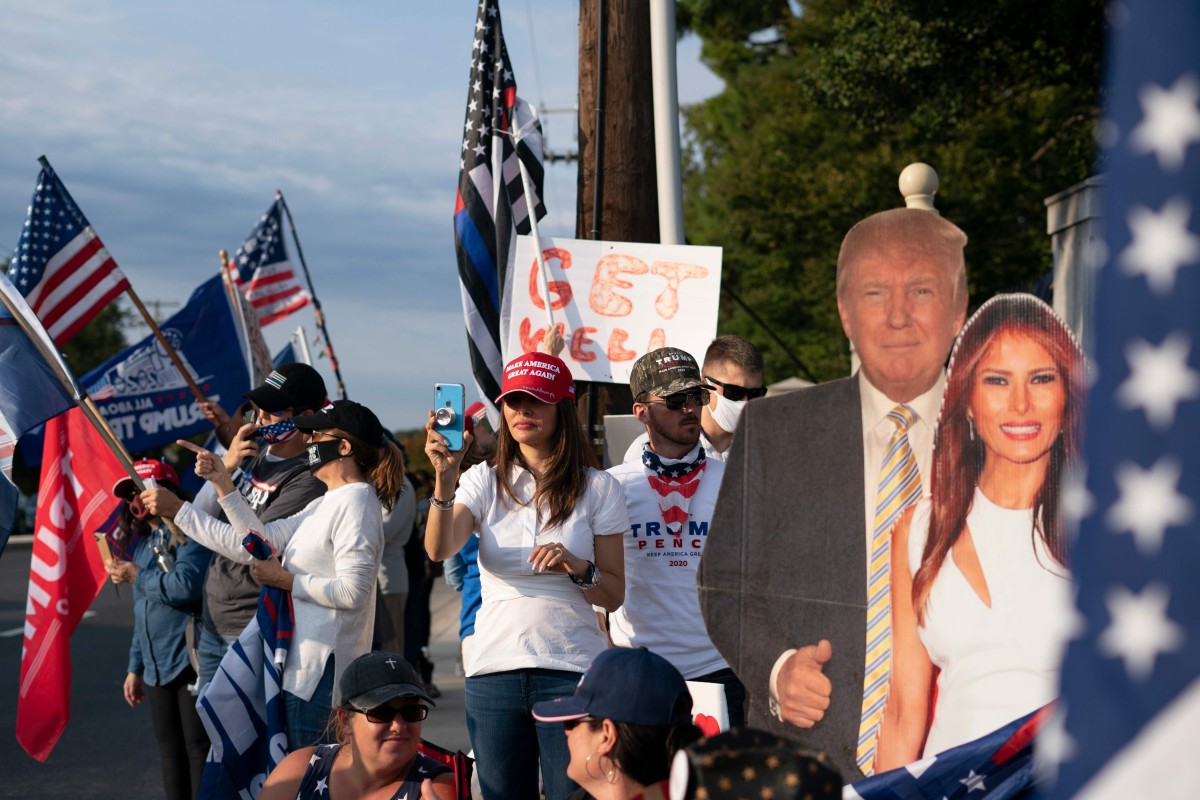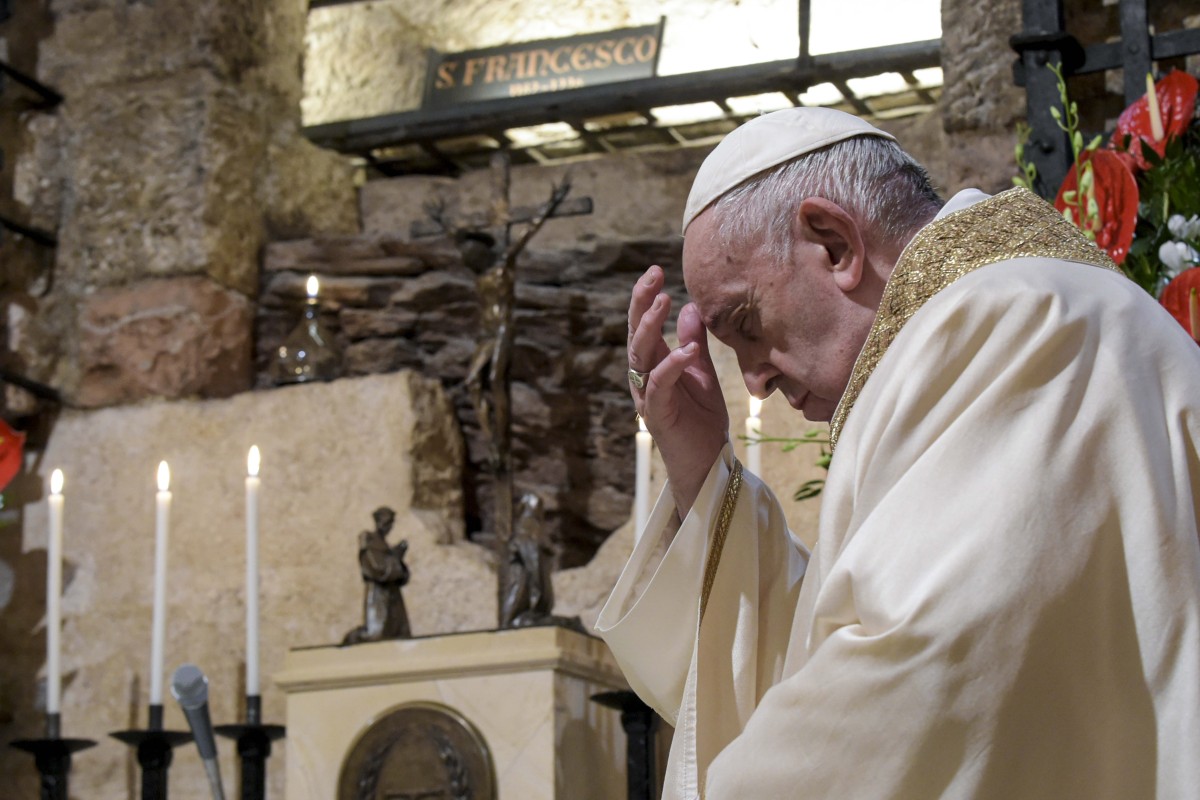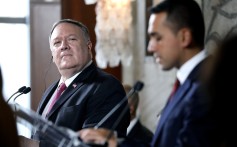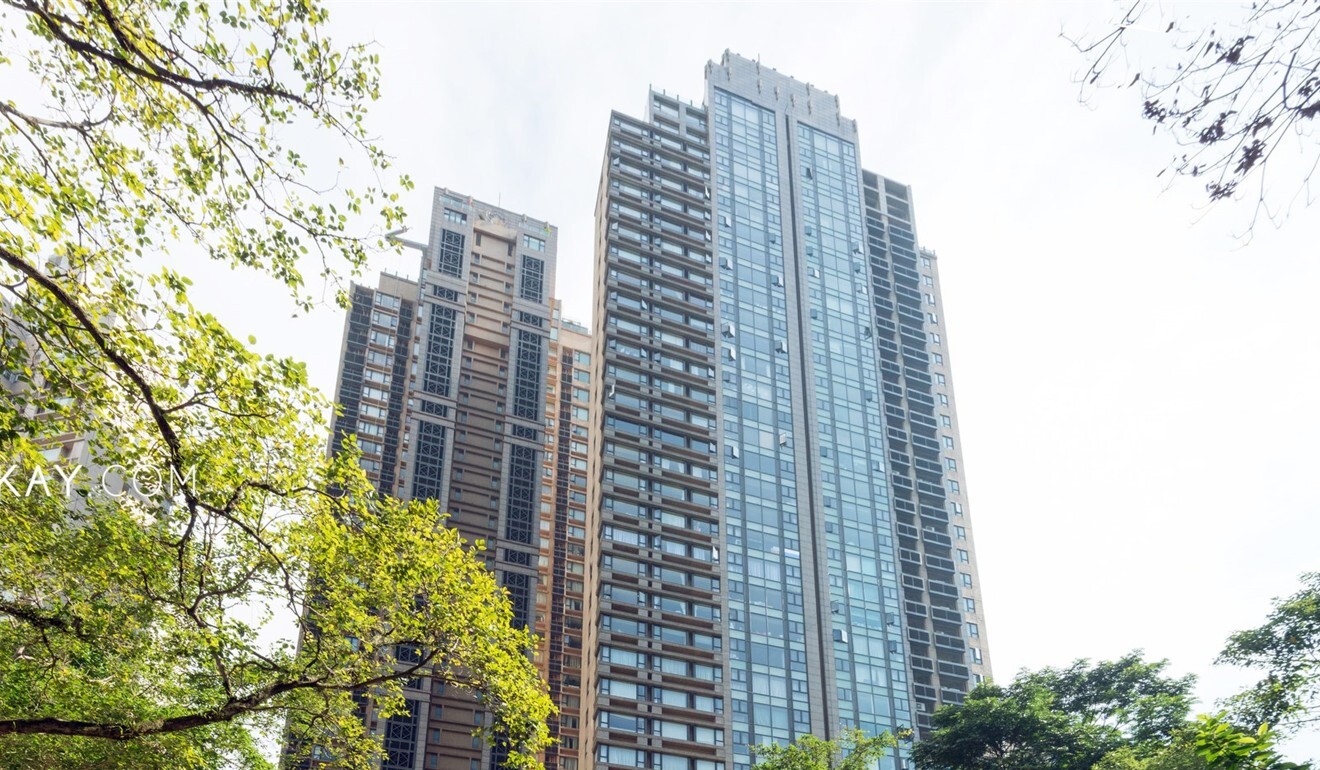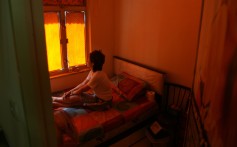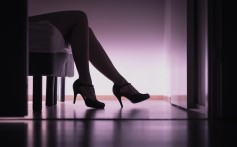SCOTUS to take up religious liberty cases

Religious liberty organizations are watching several cases before the new term of the U.S. Supreme Court. Photo by Stefani Reynolds/UPI | License Photo
Oct. 5 (UPI) -- The U.S. Supreme Court's 2020 term, which begins Monday, could produce decisions that have a major impact on religious liberty.
The cases to be argued include a request for a faith-based exemption from antidiscrimination laws by a private foster care agency, a lawsuit filed by three Muslim men seeking damages from FBI agents who placed them on the no-fly list and a student's challenge of college speech rules that he says violated his First Amendment rights.
In addition, the justices have been asked to hear appeals involving employer accommodation of workers' religious practices; buffer zones for anti-abortion counseling at medical facilities; and an effort to compel a religiously affiliated hospital to allow medical procedures that violate its religious beliefs.
Religious liberty organizations are watching these cases:
Free exercise of religion
One of the most significant cases is Fulton vs. City of Philadelphia, which has the potential to produce a landmark decision.
Philadelphia contracts with private providers for foster care services and refused to place children in homes of families that work with Catholic Social Services after it learned the agency would not certify same-sex married couples as foster parents, which is a violation of the city's anti-discrimination provisions. Two women who have fostered more than 40 children between them, Sharonell Fulton and Toni Simms-Busch, and CSS sued over the exclusion.
The case came to the Supreme Court after the 3rd U.S. Circuit Court of Appeals refused to grant an injunction to keep the agency's foster care program open. The mothers and CSS say their First Amendment and free exercise of religion rights are being violated by conditioning their ability to participate in the foster care system on taking actions and making statements that contradict their sincere religious beliefs.
"CSS exercises its religion by caring for foster children and acting in accordance with its Catholic beliefs in the process," The Becket Fund for Religious Liberty, which represents the plaintiffs, said in a court petition. "This means that CSS cannot make foster certifications inconsistent with its religious beliefs about sex and marriage. CSS sincerely believes that the home study certification endorses the relationships in the home, and therefore it cannot provide home studies or endorsements for unmarried heterosexual couples or same-sex couples."
In a phone briefing with reporters, Lori Windham, Becket's senior counsel who will be arguing the case, said a ruling will have a nationwide impact.
"There are 8,000 faith-affirming foster and adoption agencies across the country," Windham said. "Several cities and states across the nation have shut those agencies down so foster and adoption agencies and the families who depend on them are watching to see what the Supreme Court will do."
In addition to ending the CSS exclusion, the plaintiffs are asking the justices to overturn a 1990 Supreme Court decision that denied a religious exemption to two members of the Native American Church who were fired for using peyote. The workers, who used peyote as part of their faith, were denied unemployment benefits because they had violated a state law.
One of the men filed suit alleging his right to the free exercise of religion had been violated and won in the lower courts. However, the U.S. Supreme Court reversed the ruling.
The high court decision, Employment Division vs. Smith, held that the Constitution's Free Exercise Clause cannot be used to challenge a neutral and generally applicable law as a burden on faith. The clause can be used to challenge only laws that target religious practice or were motivated by anti-religious animus.
Generally applicable laws
Howard Slugh, general counsel of the Jewish Coalition for Religious Liberty, said the standard set by the Smith case to decide if a law burdens someone's religion is too restrictive.
In a hypothetical example of a law banning circumcision for alleged medical reasons, a litigant would have to prove the statute was motivated by anti-religious animus, Slugh said in an email. However, as soon as the law was determined to be religiously neutral, a claim under the Free Exercise Clause would be dismissed.
Members of minority faiths are particularly affected, he said.
"Smith has deprived numerous Jewish Americans of their day in court," Slugh wrote. "In one instance, a court cited Smith as the reason a Jewish police officer had no free exercise right to wear a yarmulke, a traditional Jewish head covering. The police department's ban on head coverings was religiously neutral, and therefore, Smith immunized it from constitutional scrutiny."
John Bursch, senior counsel and vice president of appellate advocacy at the Alliance Defending Freedom, said the action against the foster care agency was motivated by animus for its religious beliefs.
Kelly Shackelford, CEO and chief counsel of First Liberty Institute, said a lot of children will go unplaced because of the participation ban on agencies that won't certify same-sex couples and that the Smith ruling is a bad decision.
In a friend-of-the-court brief, three organizations -- the Freedom From Religion Foundation, the Center for Inquiry and the American Humanist Association -- argue that CSS's attack on the Smith ruling "is not just an attack on over a century of precedent, but also an attack on the rule of law itself."
"What CSS really seeks is a system of judicially created religious favoritism," the brief says.
Patrick Elliott, FFRF senior counsel, said the Smith decision should stand.
"Even if you have religious beliefs, you still have to comply with neutral and generally applicable laws," Elliott said.
Some faith groups agree.
Holly Hollman, general counsel of the Baptist Joint Committee for Religious Liberty, writes that Philadelphia's policy protects the viability of government partnerships with religious organizations.
"Faith-based groups often feel called to help others, including voluntarily partnering with the government to serve those in need," Hollman told UPI in an email. "Following the government's rules to administer certain government-funded programs does not mean the faith-based organization is giving up its right to speak about core beliefs in other contexts."
'Appropriate relief'
Another closely watched case is a suit filed by three Muslim American men who alleged they were placed on the no-fly list for refusing requests by FBI agents to be informants against their religious community. The CLEAR Project at the City University of New York School of Law and the Center for Constitutional Rights, which represent the men, say their clients immigrated legally to the United States and have never posed a threat to aviation security.
Four days before scheduled arguments on the government's motion to dismiss some of the claims in Tanzin vs. Tanvir, the men were taken off the list but continued to pursue damages. The FBI appealed to the Supreme Court after the 2nd U.S. Circuit Court of Appeals ruled that the men could seek "appropriate relief" from the government under the Religious Freedom Restoration Act.
The question to be decided is whether suits seeking money damages against individual federal employees for violations of the act's substantive protections of religious belief is an available remedy.
The men's lawyers say in a brief that Congress sought to create a broad protection of religious exercise in RFRA, which was enacted with bipartisan support in 1993, and that the 2nd Circuit's ruling is correct.
Mary Bauer, legal director of Muslim Advocates, a civil rights group, agrees.
"In many cases, it is not possible to seek injunctive relief, and money damages are the only measure that exists for plaintiffs to obtain a semblance of justice," Bauer said in a statement. "Depriving plaintiffs of the ability to seek damages undermines religious freedom by depriving plaintiffs of a meaningful remedy in many cases."
Claims for nominal damages
Religious liberty groups are following another damages case, Uzuegbunam vs. Preczewski, which stems from an effort by Georgia Gwinnett College student Chike Uzuegbunam to share his Christian faith on the Lawrenceville campus.
Uzuegbunam was distributing religious literature and holding one-on-one conversations about his faith when college police told him he had to get advance permission to use one of two speech zones on campus to continue. He stationed himself in one of those spaces - which covered 0.0015 percent of the campus (a tiny space like a piece of paper on a football field, according to Bursch, of Alliance Defending Freedom, which represents Uzuegbunam) - but was stopped from speaking again.
This time, police told him that someone had complained and that the college's speech code defined as "disorderly conduct"" anything that makes another person feel uncomfortable, the suit says. Another student, Joseph Bradford, self-censored after learning what had happened.
After the run-ins, Uzuegbunam, who has since graduated, and Bradford, who no longer attends the college, stopped trying to share their faith. Alliance Defending Freedom attorneys filed suit on behalf of Uzuegbunam challenging the speech code and speech zone policies and seeking nominal damages. Bradford later joined the suit.
The college responded that Uzuegbunam's speech rose to the level of "fighting words" and asked that the suit be dismissed. The college later eliminated the speech code and revised the speech zone. A trial court judge ruled that Uzuegbunam's graduation mooted his claims, while the policy changes mooted the claims brought by Bradford, who was then still enrolled.
The judge dismissed the case, which ended up at the Supreme Court after the 11th Circuit affirmed the dismissal. The question before the high court is whether a government's change of an unconstitutional policy moots nominal damages claims for past violation of a plaintiff's constitutional rights.
Bursch said a declaration that rights were violated and a nominal damages award puts officials on notice that the policies were unconstitutional and protect constitutional rights.
Becket Law, which submitted a friend-of-the-court brief in the case, said in a news release that the case is part of a trend of governments revising their policies when sued for unconstitutional behavior and then arguing that the court should never rule on whether they violated anyone's rights.
"Governments that violate individuals' rights shouldn't get away with it on a technicality," said Adele Keim, counsel at Becket.
Requests for review
Cases with religious liberty implications that the Supreme Court has been asked to review include Dalberiste vs. GLE Associates and Small vs. Memphis Light, Gas & Water, which center on requests by employees for religious accommodations to observe the Sabbath.
Also pending is a petition for review of Bruni vs. City of Pittsburgh, which was brought by anti-abortion sidewalk counselors who object to a buffer zone outside the entrances of clinics and hospitals where they are not allowed to speak.
In Dignity Health vs. Minton, a hospital in California is asking the justices to bar state lawsuits seeking to compel it to perform procedures that are contrary to the Catholic faith, in this case, an elective hysterectomy.
The justices' decisions on whether to hear these matters are pending.
Shackelford believes a case involving the rights of churches during the coronavirus pandemic will eventually come before the justices.
"The court hasn't taken one yet," he said. "They're working their way up and one will be taken in the near future."











